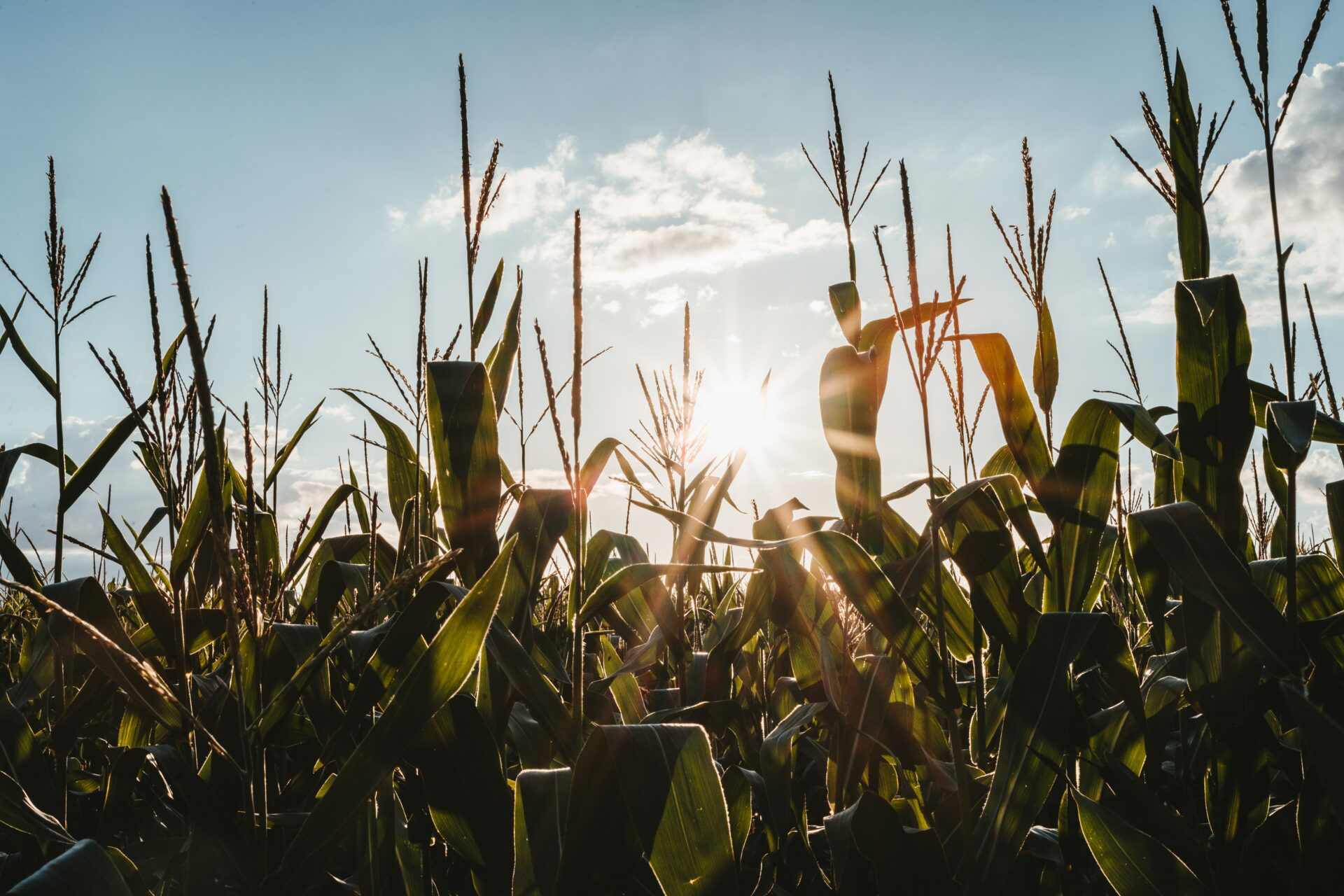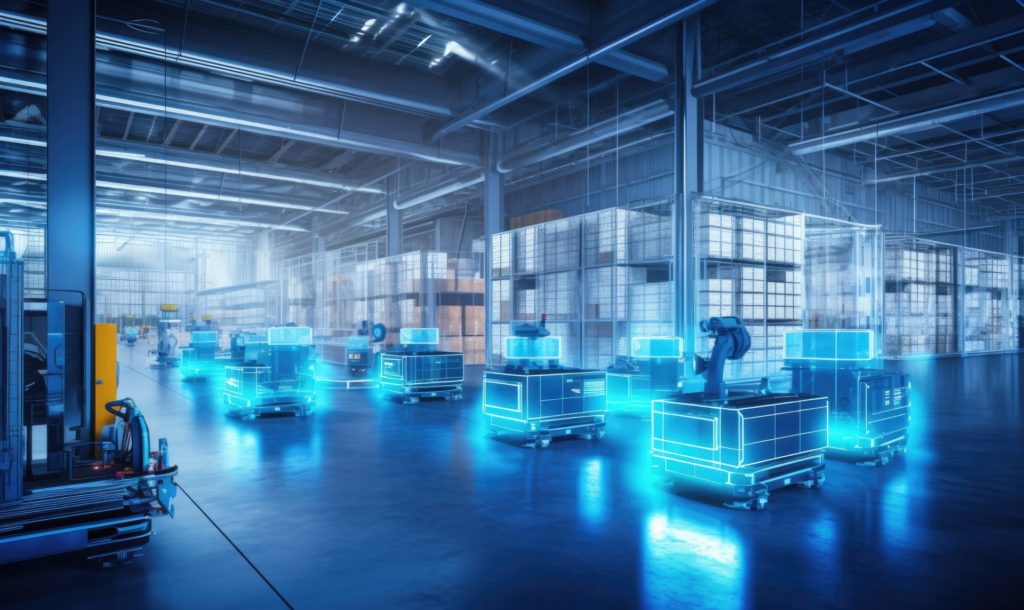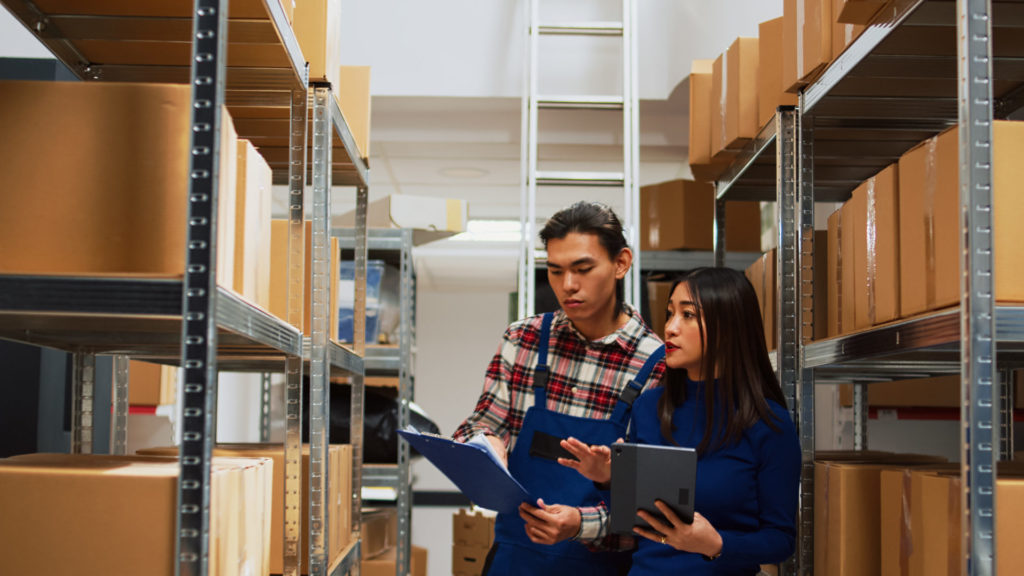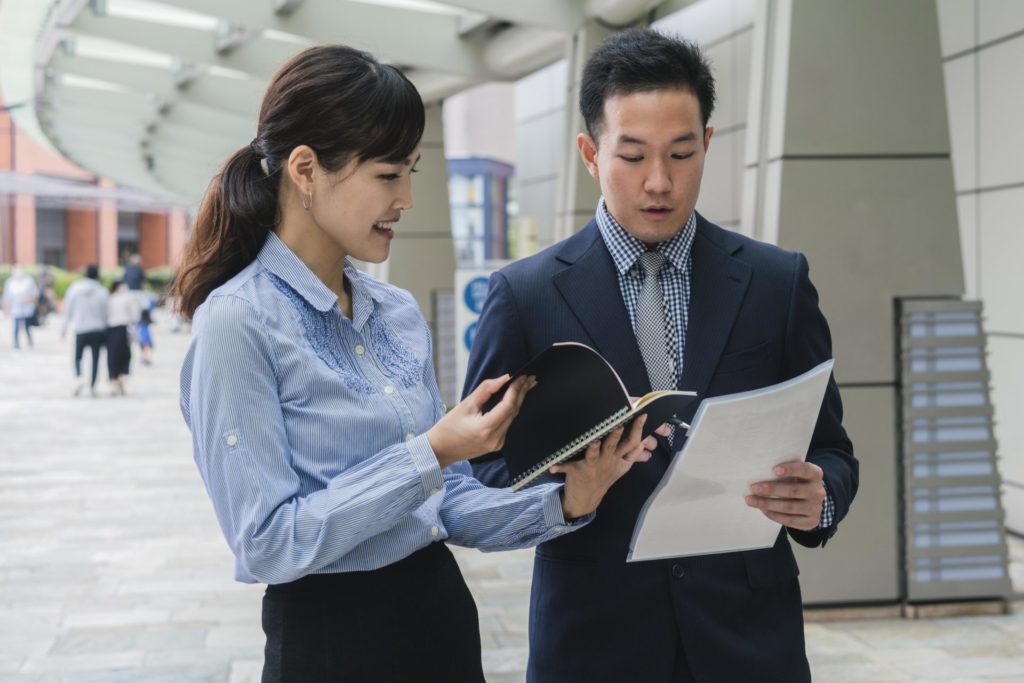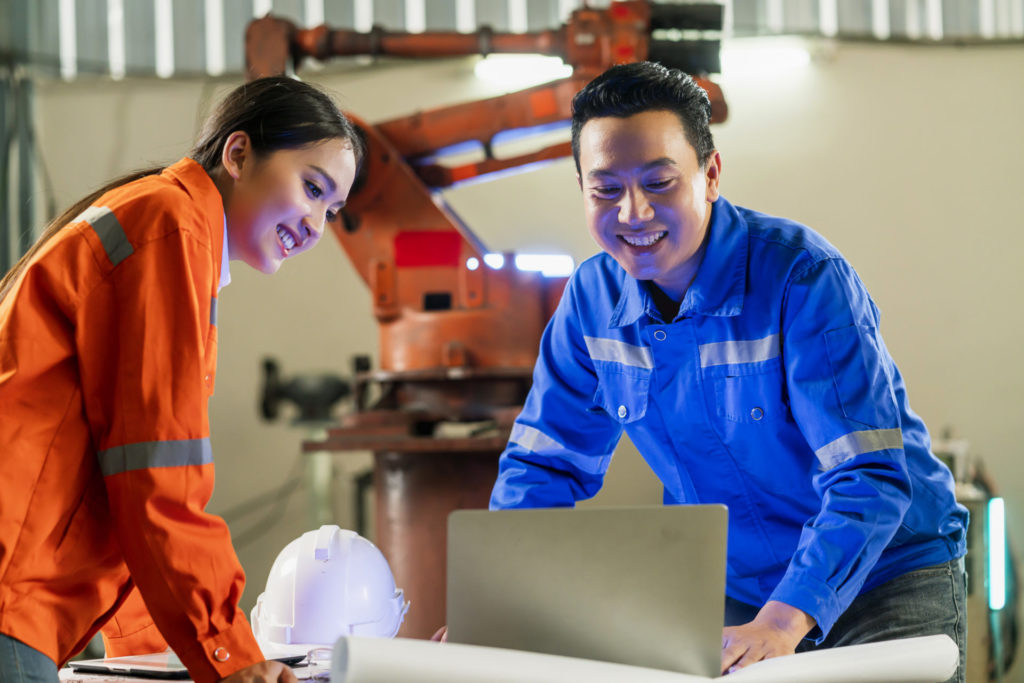Human capital: the key to sustainable ASEAN value chains
The agricultural sector is the backbone of many ASEAN countries and a key source of income for their populations. But the industry faces challenges, specifically a lack of coherent food standards, safety regulations, and sustainability initiatives.
Sustainability, in particular, has increasingly become an issue due to the impact of climate change. Increasing temperatures are decreasing rice yields, extreme weather is causing droughts and floods, and rising sea levels are impacting much of the ASEAN region.
But could a refocus on human capital improve sustainability efforts and fuel the sector’s growth?
The need for synergy across the value chain
Ensuring sustainability in a sector as vast and crucial as agriculture requires a concerted effort. From farming and production through to processing and distribution, these ecological hurdles can’t be overcome alone.
Farmers, for example, have a key role to play in achieving agricultural sustainability. Thankfully, many are already working with other sectorsof the economy to reach this goal through the value chain. However, in the lesser-developed countries of the ASEAN, mitigating the effects of climate change can lead to the loss of culture and years of inherited agricultural knowledge.
It’s fair to suggest (asOxfam does) that larger-scale sustainability initiatives should be undertaken by those further up the value chain where the negative impacts of climate mitigation will be less harshly felt.
How human capital can drive sustainability
It’s in the higher echelons of the agricultural value chain where the right people can make a difference. Transformational leaders in these industries can apply their local knowledge and understanding of regional specifics to drive real sustainability.
They can push innovation by colaborating with suppliers, deeply understand environmental factors impacting the value chain, and take a lead in pushing sustainability initiatives.
“Leaders have always needed to be visionaries, but with sustainability, it’s a critical skill. Some people are reluctant to even think about water and land scarcity, population growth, and climate change. But these issues are already affecting businesses around the globe.”
– Eric Orts, director of the Initiative for Global Environmental Leadership (IGEL)
The companies already doing their bit
Many businesses are already taking great strides in the effort to put sustainability at the heart of the value chain.
The world’s leading seafood company, Thai Union Group PLC, has just been listed on the Dow Jones Sustainability Indices (DJSI) for the seventh straight year. Their sustainability strategy which started in 2016, SeaChange, is leading the way and promoting real change across the global seafood industry.
AsianAgri, a firm that produces palm oil, has put forward a three-point strategy to achieving sustainability. It includes stopping deforestation, protecting peatlands, and ensuring they have only a positive impact on the local community and their workforce.
Dole Packaged Foods, LLC is a world leader in growing, sourcing, distributing, and marketing fruit and healthy snacks. They are committed to sustainability in all their operations, focusing on four key pillars: water management, carbon footprint, soil conservation, and waste reduction.
There are countless others playing a part, but there’s still more to be done. And it’s only with the right people at the helm that these initiatives can be successful.
Human capital is key
It’s clear that, with the right leadership, agricultural value chains in the ASEAN region can implement strategies that limit the impacts of climate change and ensure a more sustainable future for industries.
Businesses just have to remember that it’s investment in human capital – not just monetary investment – that will make the most difference.
